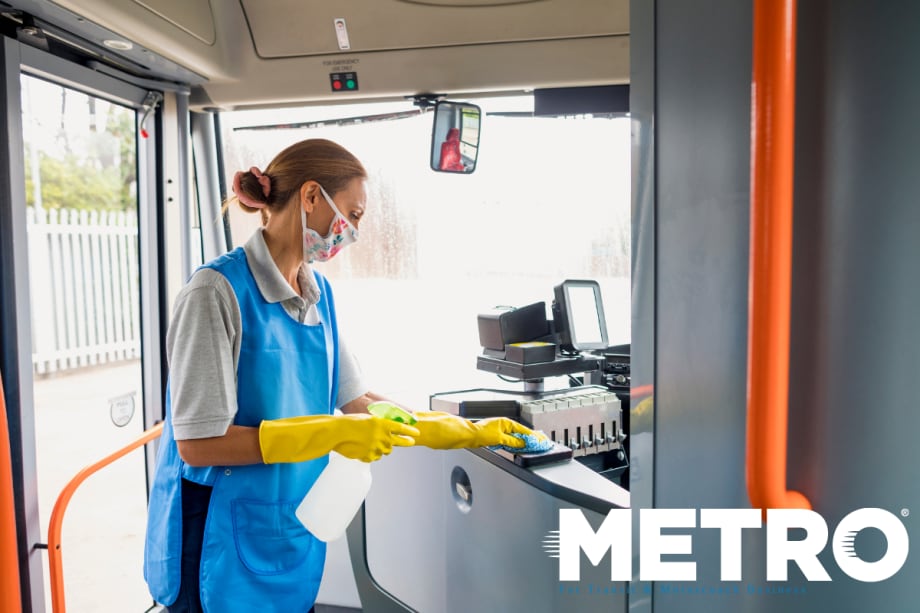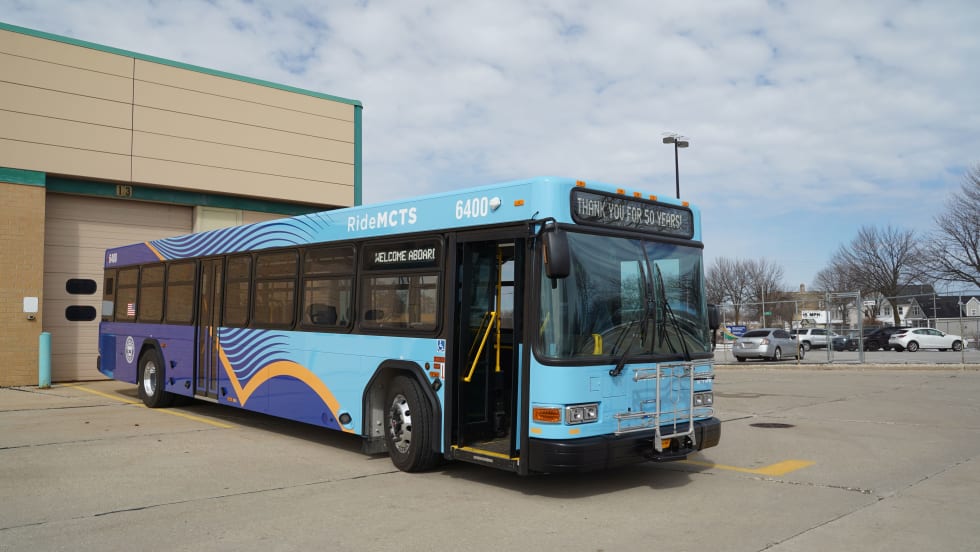A cross-Canadian partnership between infection control researchers, transit authorities, and private industry has demonstrated the effectiveness of antimicrobial copper to reduce the spread of bacteria and viruses in public spaces.
The results of a successfully completed, one-year study, led by the medical microbiology research team at Vancouver Coastal Health and hosted by TransLink and Toronto Transit Commission, found that select copper products on public transit can eliminate up to 99.9% of bacteria.
Reducing Bacteria Transmission on Public Transit
The study was fully funded by Teck as part of its Copper & Health program. The study evaluated the efficacy of three copper-based solutions for reducing the transmission of bacteria and viruses on high-touch surfaces on public transportation.
The solutions tested included thermal-coated copper surface layers, copper alloys, and copper decals; both in-situ for bacterial testing and in-lab for virus testing. Test results showed that select copper products can eliminate up to 99.9% of bacteria on public transit and 99.9% of viruses in a laboratory setting within two hours of contact.
The medical microbiology team from Vancouver Coastal Health, supported by Mount Sinai Hospital in Toronto and the University of British Columbia in Vancouver, conducted tests every two months over the course of a year, analyzing samples from both copper and non-copper surfaces on public transit.
This phase of the study was critical in determining the long-term viability of copper as a material for high-touch surfaces on public transportation, with particular emphasis on its antimicrobial properties and potential for infection control in public settings.
Led by the Vancouver Coastal Health medical microbiology team, researchers tested for virus-killing capabilities, including surrogates for COVID-19 and Noroviruses.
This testing demonstrates the potential for copper surfaces to reduce the risk of transmission of viruses in addition to bacteria.
Results of the in-laboratory studies showed consistent viral load reduction for surrogates of COVID-19 and Noroviruses, as well as the bacterial testing, across all copper products compared to no reduction in the stainless steel comparison.
Research Details
This trial tested three types of registered products including thermal-coated copper surface layers, copper alloys, and copper decals on handles and exit doors on buses, streetcars, and trains.
Samples were analyzed every two months, from copper surfaces as well as non-copper surfaces on transit by Vancouver Coastal Health’s medical microbiology team, supported by Mount Sinai Hospital/University Health Network in Toronto and the University of British Columbia in Vancouver.
Researchers from the University of British Columbia tested and analyzed the durability of the three products as they aged over the course of the year.
In-lab virus and bacterial testing simulated a year’s worth of use, including disinfectant cleaning and human touch (sweat). The copper products showed consistent and sustained antimicrobial activity through the course of the testing, showing that cleaners and human use did not affect the efficacy of the copper in killing surface bacteria and viruses.
This trial was fully funded by Teck’s Copper & Health program. The findings have implications for public health, especially during pandemics and outbreaks, and highlight the importance of interdisciplinary collaborations between healthcare providers, academic researchers, and industry partners in improving infection control measures.
All Parties Involved
The project is the result of a partnership between Teck Resources Limited, Toronto Transit Commission, TransLink, Vancouver Coastal Health, Mount Sinai Hospital/University Health Network, the Coalition for Community and Healthcare Acquired Infection Reduction (CHAIR), UBC Department of Materials Engineering, VGH & UBC Hospital Foundation, and Westech Cleaning Audit Systems.
The trial follows preceding studies conducted by the Infection Prevention and Control team at Vancouver Coastal Health that have shown copper to be highly durable and effective at killing bacteria in laboratory and healthcare settings.














